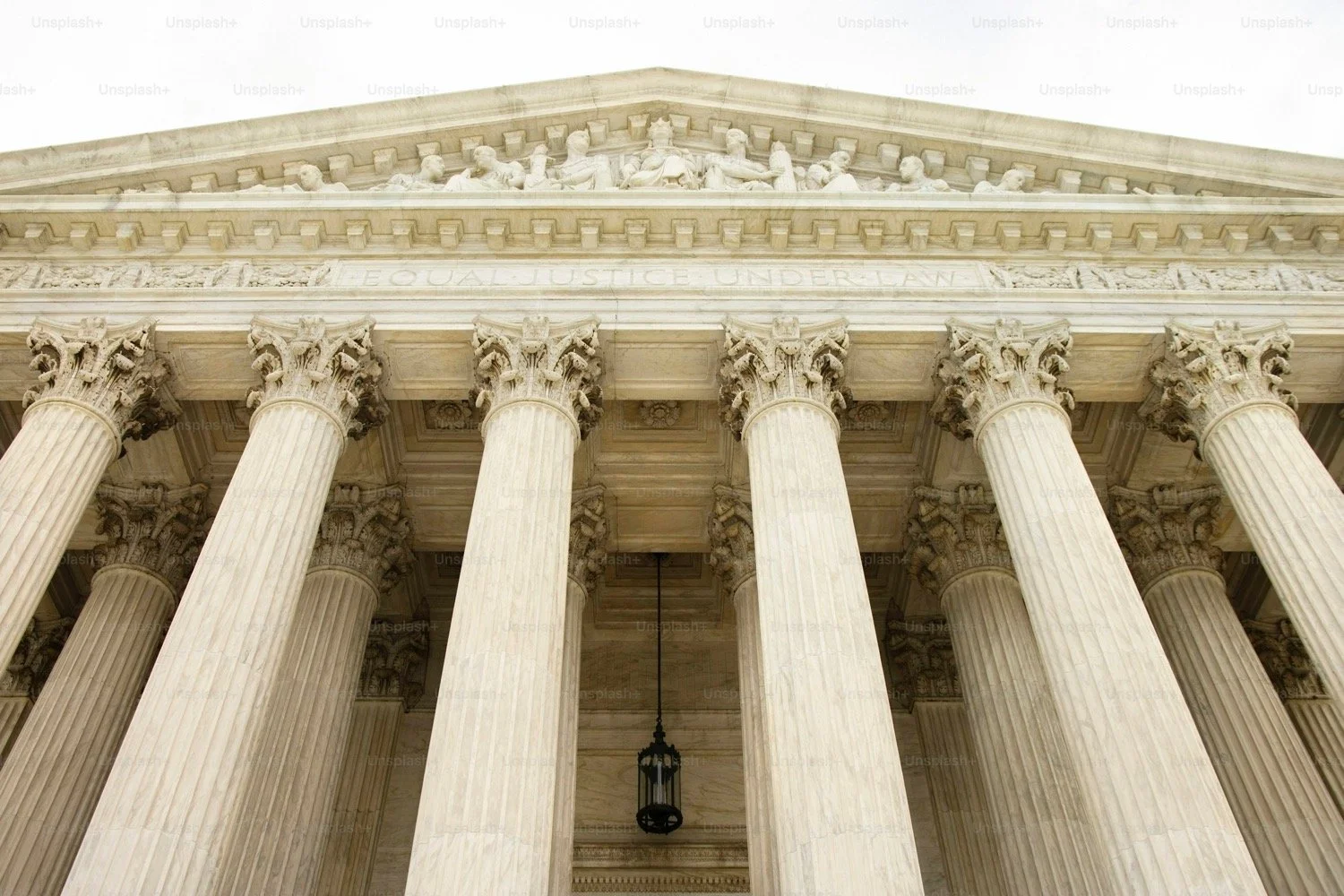Readings for today: Nehemiah 4-6, Psalms 49
God clearly cares about justice. Justice for the fatherless. Justice for the widow. Justice for the poor and marginalized in human society. These themes show up over and over again throughout the Scriptures. God cares about how we treat each other. He cares about the systems we use to set up our communities. God cares about the laws we pass to govern our towns, cities, states, and nations. If you had any doubt about that before today, our reading from Nehemiah should settle it for you.
Nehemiah was the governor of Judea. He was charged not only with rebuilding the wall around Jerusalem but also rebuilding Jewish society in an area that was overrun with people from all sorts of different tribal backgrounds. These people did not share the same convictions as the Jews. They did not have access to God’s Law. They were not part of God’s covenantal people. But the problem Nehemiah ran into was not with the pagan people already living in the land. The problem was with God’s people who had returned. They quickly built a society where it was every person for themselves. Those who were rich got richer. Those who were poor got poorer. They were charging interest, something expressly forbidden by God’s Law, and even selling their fellow countrymen into slavery. Considering their history of slavery in Egypt, Nehemiah must have felt like he was living in the Twilight Zone.
Thankfully, Nehemiah was a bold and godly leader. He understood sin must be confronted on both a personal as well as systemic level. Listen again to how he handled the situation. “There was a widespread outcry from the people and their wives against their Jewish countrymen. Some were saying, “We, our sons, and our daughters are numerous. Let us get grain so that we can eat and live.” Others were saying, “We are mortgaging our fields, vineyards, and homes to get grain during the famine.” Still others were saying, “We have borrowed money to pay the king’s tax on our fields and vineyards. We and our children are just like our countrymen and their children, yet we are subjecting our sons and daughters to slavery. Some of our daughters are already enslaved, but we are powerless because our fields and vineyards belong to others.” I became extremely angry when I heard their outcry and these complaints. After seriously considering the matter, I accused the nobles and officials, saying to them, “Each of you is charging his countrymen interest.” So I called a large assembly against them and said, “We have done our best to buy back our Jewish countrymen who were sold to foreigners, but now you sell your own countrymen, and we have to buy them back.” They remained silent and could not say a word. Then I said, “What you are doing isn’t right. Shouldn’t you walk in the fear of our God and not invite the reproach of our foreign enemies? Even I, as well as my brothers and my servants, have been lending them money and grain. Please, let’s stop charging this interest. Return their fields, vineyards, olive groves, and houses to them immediately, along with the percentage of the money, grain, new wine, and fresh oil that you have been assessing them.” They responded, “We will return these things and require nothing more from them. We will do as you say.” (Nehemiah 5:1-12 CSB) It’s important to note Nehemiah not only confronts those who are perpetrating the sin, he sets up systems that will govern the region far into the future. God’s people will not be sold into slavery. God’s people will not charge each other interest. God’s people will re-distribute their wealth to care for the poor.
It’s a challenging read for us. The cultural gap between an ancient near east empire and a 21st century, capitalist democracy is massive and yet the principles remain the same. We too need to grapple with our personal responsibility for the sinful choices we make. We need to own where we have failed. Where we have allowed greed and selfishness and envy and jealousy to cause us sin against our brothers and sisters. We also need to grapple with the systems we’ve created that perpetuate injustice. Systems that may privilege the rich over the poor. Privilege the strong over the weak. Privilege those with influence over those who are shut out of the system for whatever reason. It’s a “both/and” and not an “either/or.” Most of all, we need to follow Nehemiah’s example and confront sin wherever it may be found so we root it out and live as God has called us to live.
Readings for tomorrow: Nehemiah 7-9, Psalms 50
